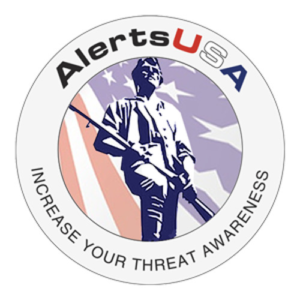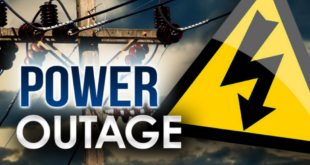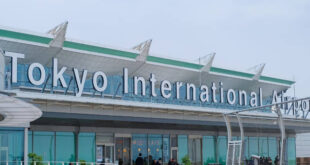In the midst of tragedy and hardship goodness comes out of communities as they rally together to help one and other through difficult times - Hurricane Florence is not exception.
Sadly, the ugly underbelly of our society take this period of vulnerability and uncertainty to engage in skullduggery. Survivors and victims are turning to others for help and support as they recover and rebuild. Their fellow citizens both near and far are reaching out with both empathy and sympathy to provide resources and donations of time, energy, and funds to those in need. Enter stage left, the criminals.
Crimes occurring within the areas affected by Hurricane Florence
Looting - Brunswick County Sheriff reports arrests of looters who were discovered breaking and entering evacuated homes.
WATCH: Reporter covering #Florence catches looters at Family Dollar store https://t.co/MpBnOpdmj8 pic.twitter.com/R52pzBeGS3
— WFLA NEWS (@WFLA) September 16, 2018
Meanwhile in South Carolina some property owners have put their warning on their buildings in an unambiguous manner
South Carolina Gov. Henry McMaster said that anyone who loots during Hurricane Florence will be shown "no mercy" by law enforcement.
“This is gonna be a very trying period," he said at a Friday news conference. https://t.co/OaFtsqPYEh
— CNN (@CNN) September 14, 2018
"LOOTERS WILL BE SHOT" Signs Appear As Florence Bears Down, S.C. Governor: "Looters Will Be Shown No Mercy" https://t.co/BrFnLt3sOh via @gatewaypundit
— Mdl-Murray (@MdlMurray) September 14, 2018
Crimes targeting those trying to donors and organizations
The National Cybersecurity & Communications Integration Center (NCCIC) & US-Computer Emergency Readiness Team (US-CERT) has issued the following bulletin which we quote verbatim:
NCCIC warns users to remain vigilant for malicious cyber activity seeking to exploit interest in Hurricane Florence. Fraudulent emails commonly appear after major natural disasters and often contain links or attachments that direct users to malicious websites. Users should exercise caution in handling any email with a subject line, attachments, or hyperlinks related to the hurricane, even if it appears to originate from a trusted source. NCCIC advises users to verify the legitimacy of any email solicitation by contacting the organization directly through a trusted contact number. Contact information for many charities is available on the BBB National Charity Report Index. User should also be wary of fraudulent social media pleas, calls, texts, donation websites, and door-to-door solicitations relating to the hurricane.
NCCIC encourages users and administrators to review the following resources for more information on phishing scams and malware campaigns:
- The Federal Trade Commission articles on Wise Giving After a Hurricane and How to Donate Wisely and Avoid Charity Scams,
- Using Caution with Email Attachments, and
- Avoiding Social Engineering and Phishing Attacks.
Where assistance can be acquired:
If you need assistance because of the effects of Hurricane Florence or any other natural disaster, do not hesitate to reach out for assistance at the local, state, region, and national level.
Here are some resources drawn from our piece “Hurricane Florence is upon us“
 Our partners at AlertsUSA.com have compiled a list of resources for after the storm passes and you are now in recovery mode.
Our partners at AlertsUSA.com have compiled a list of resources for after the storm passes and you are now in recovery mode.
DISASTER RECOVERY ASSISTANCE - http://www.DisasterAssistance.
Dept. of Labor Severe Storm and Flood Recovery Assistance Page - https://www.dol.gov/general/
FEMA: Disaster Assistance: A Guide to Recovery Programs - https://www.fema.gov/media-
FEMA Individual Disaster Assistance - https://www.fema.gov/
FEMA FAQ: Federal Assistance and Disaster Recovery Centers - https://www.fema.gov/news-
 Travel Securely Securely Travel
Travel Securely Securely Travel





One comment
Pingback: Securely Travel Brief - 17 September 2018 | Securely Travel